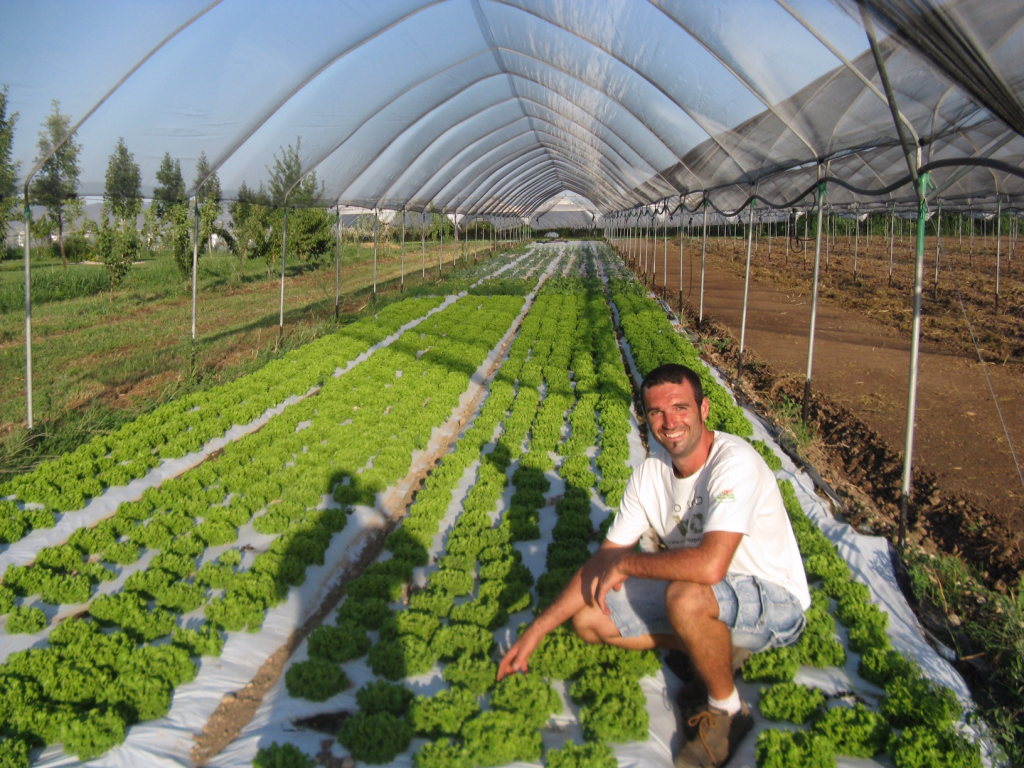Sustainable Farming Practices: Promoting a Greener Future
In today’s rapidly changing world, sustainable farming practices have become increasingly important. With concerns about climate change, soil degradation, and food security on the rise, farmers are seeking innovative solutions to protect the environment while ensuring long-term agricultural productivity. Sustainable farming offers an effective approach that balances economic viability with environmental stewardship. In this article, we will explore some key sustainable farming practices that are revolutionizing the way we grow our food.
One of the fundamental principles of sustainable farming is soil conservation. Healthy soils are essential for productive agriculture and carbon sequestration. To achieve this, farmers employ techniques such as crop rotation and cover cropping. Crop rotation involves alternating different crops in a specific sequence to prevent nutrient depletion and control pests naturally. Cover cropping involves planting non-cash crops during fallow periods to improve soil fertility and reduce erosion.
Another crucial aspect of sustainable farming is water management. Water scarcity is a growing concern worldwide, making efficient irrigation methods essential for preserving this precious resource. Farmers are adopting strategies like drip irrigation systems that deliver water directly to plant roots, minimizing wastage through evaporation or runoff. Additionally, rainwater harvesting techniques enable farmers to capture and store rainfall for later use during dry spells.
Integrating livestock into agricultural systems can also contribute to sustainability efforts. By practicing rotational grazing methods, where animals graze on one portion of land at a time before moving onto another area, farmers can prevent overgrazing and promote regrowth of natural vegetation. This approach helps maintain healthier ecosystems while providing nutritious feed for livestock.
The use of organic fertilizers plays a significant role in sustainable farming practices as well. Instead of relying solely on synthetic fertilizers that may harm the environment and deplete soil quality over time, organic alternatives such as compost or manure provide nutrients without causing long-term damage to ecosystems or human health.
Finally, embracing agroforestry practices can significantly enhance sustainability in farming. Agroforestry involves integrating trees into agricultural landscapes, allowing for multiple benefits. Trees provide shade, reduce soil erosion, improve water retention, and contribute to biodiversity conservation. Additionally, farmers can diversify their income by selling timber or non-timber forest products.
In conclusion, sustainable farming practices are vital for ensuring a greener future and addressing the challenges our planet faces today. By implementing techniques such as soil conservation, water management, rotational grazing, organic fertilizers, and agroforestry, farmers can protect natural resources while maintaining productivity and profitability. As consumers become increasingly conscious of the environmental impacts of food production, supporting sustainable agriculture becomes crucial for building resilient communities and preserving our planet’s health for generations to come.


Leave a comment